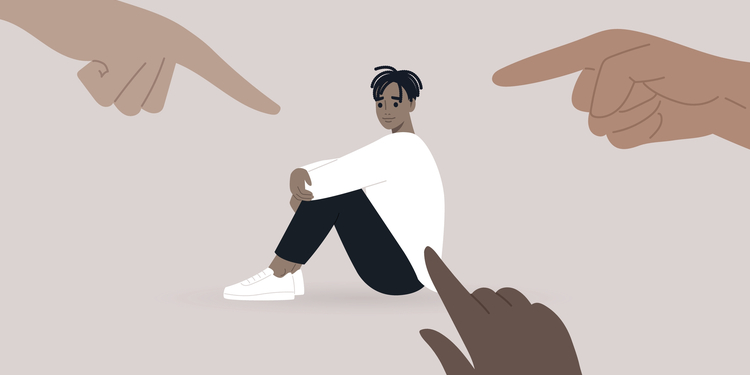People often say that the internet never forgets. The general idea is that you have to be careful what you post online, because it is permanently archived and will be used against you. It won’t even matter if it was something you recorded two decades ago, or something you said last week before you got the information you currently have. However, I’ve been thinking of late: is it that the internet never forgets or is it that people just have a source to gather negative evidence? Think about it, when someone is campaigning for political office, or about to receive a global award, it’s people like you and me who go to the internet to find out missteps from their past. #Whew. The whole idea is usually that a person who said or did something a decade ago must not unqualified for certain good things now. Essentially, it has now become a kind of woke activism to flag down people because of something they did in the past. Omo! I will never understand cancel culture.
Something quite similar came up recently on the internet streets. After the gruesome attack on Dowen student, Sylvester, Naija internet became abuzz with talk about the menace of bullying. I mean, it’s not that the horror of bullying is new, but Sylvester’s experience brought it up. Naturally, most people were enraged. It was unfortunate and demanded our collective public outcry, if not for anything, at least for the sake of justice. Imagine my surprise, then, when I saw people start to call out other people for making comments. The general idea was something along the lines of: you bullied people in secondary school who are you to comment about bullying now?
As I read some of those comments, I thought: seriously? That was twenty years ago. Are you saying that 20 years has not given those people the perspective to grow in empathy and kindness? Are we also saying that activism is now a moral act reserved for only the guiltless? Can people not say that something is bad even while being complicit? I imagine that the risk of writing such a post would make people assume I fell under the category of bullies. Truth is, I learnt to defend myself in boarding school with my quick mouth. By the time I became a senior, the whole junior girl lifestyle thing had stopped being a thing. At least in the secondary school I attended. But, as with most things, my position is that we should stop creating systems of fragmentation or exclusion. It really is the oldest trick in the book: divide and conquer. Besides, how exactly do we get just for #Sylvester if we are all bickering over whose activism is better than mine, or who has the right to point fingers.
Of course, there are people who got away with being nasty in secondary school and have grown into nasty toxic adults. After all, there are bullies at home, in the office, even in our local churches. We can call them out in those spaces, based on their current actions, and not just the idea of what they did decades ago. Finally, I hope we can all learn something about the rippling repercussions of our behavior to others. Sylvester did not deserve what happened to him. No one does.
